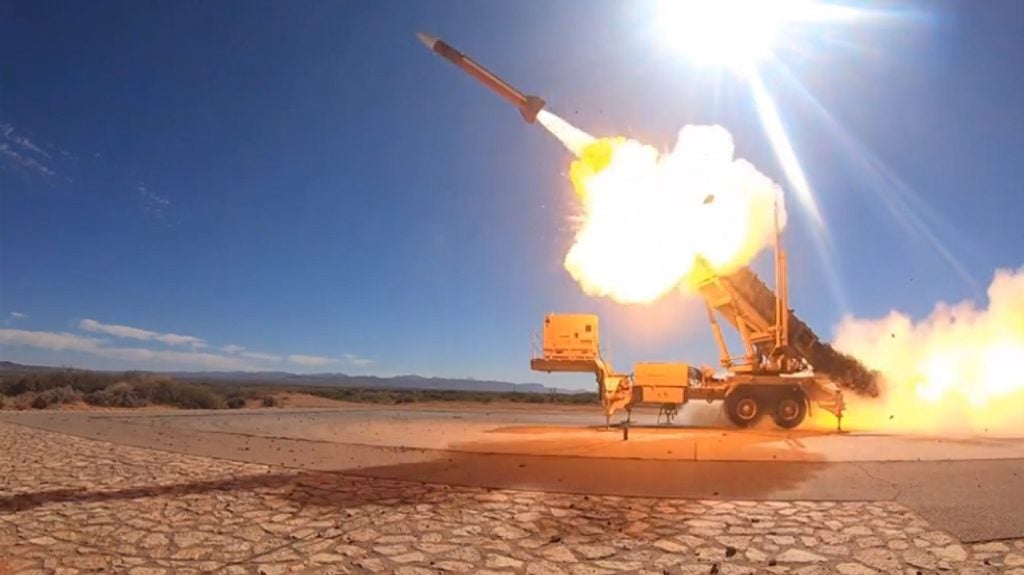The US State Department has approved a request from the Kuwaiti government to replace expiring components in its Patriot Advanced Capability-3 (PAC-3) missiles and subsequent certification testing.
Under a Foreign Military Sales (FMS) agreement, worth $150m, the US will provide repairs and testing of the missiles; repair and return of classified and unclassified missile items and ground support equipment components; tools to improve the turnaround time of the repair and recertification efforts; air transportation services for missile processing; US government and contractor technical and logistics support; among other forms of supplementary assistance.
The Patriot is a long-range, all-altitude, all-weather air defence system used to counter tactical ballistic missiles, cruise missiles and advanced aircraft.
Lockheed Martin is the original equipment manufacturer (OEM) of the Patriot air defence system. The US Department of Defense awarded a $3.4bn contract to deliver an unspecified number of PAC-3 missiles for Kuwait's and Saudi Arabia's respective Patriot air-defense systems in 2018.
The US has previously supplied the Ukrainian Armed Forces with two Patriot launchers to bolster its resilience against indiscriminate Russian strikes against civilians and military personnel alike.
Pending the country’s bid to secure F-16 fighter jets, the President of Ukraine, Volodymyr Zelenskyy, asserted in early June 2023 that more Patriot air defence systems are needed to secure the nation’s airspace, which is littered with Russian-operated, Iranian-manufactured Shahed-136 Unmanned Aerial Vehicles (UAVs).
Securing America’s interest in the Middle East
The proposed sale will support the foreign policy and national security objectives of the United States by helping to improve the infrastructure of a major non-Nato ally that has been an important force for political stability and economic progress in the Middle East.
This proposed sale will improve Kuwait’s capability to sustain their missile density and ensure readiness for air operations. Kuwait will use this capability as a deterrent to regional threats and to strengthen homeland defense. Kuwait will have no difficulty absorbing this infrastructure, support, and associated services into its armed forces.









